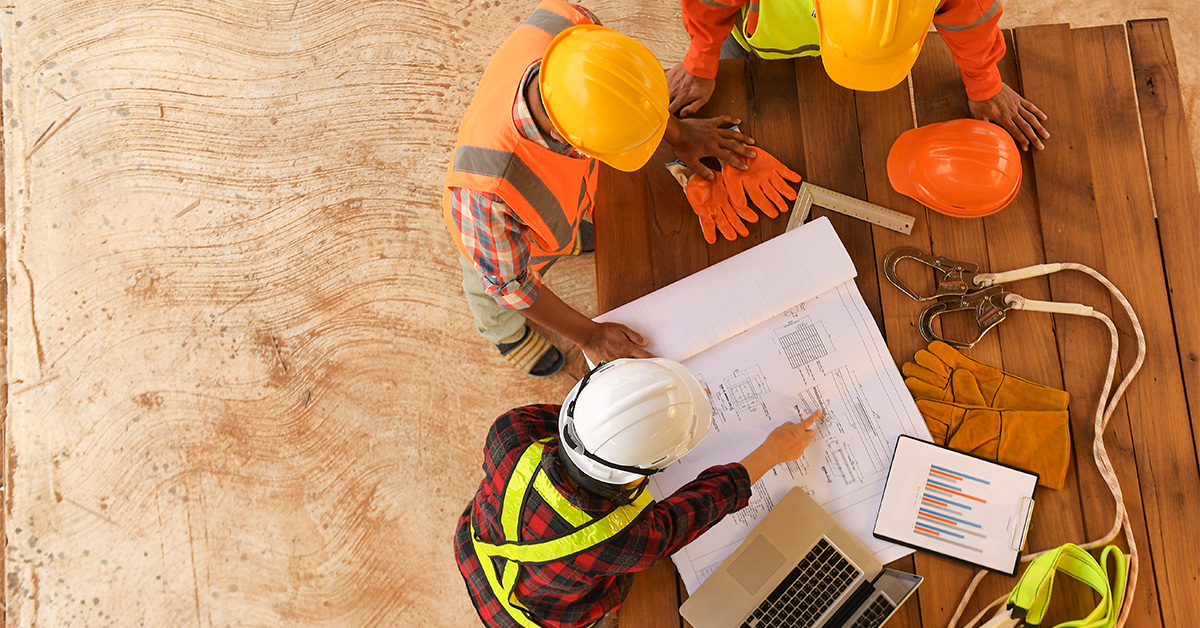Building or renovating a home is a significant undertaking. From conceptualization to the final coat of paint, it involves a complex web of decisions, timelines, and budgets. At the heart of this endeavor is the residential contractor. Hiring the right one can make your project a dream come true, while the wrong choice can turn it into a nightmare. To avoid costly mistakes and ensure your project’s success, it’s crucial to ask the right questions before hiring a residential contractor.
1. Experience and Expertise
The first step in evaluating a potential contractor is understanding their experience and expertise. Begin by asking:
- How long have you been in the residential construction industry?
- This question gauges their overall experience and commitment to the field.
- Can you provide examples of similar projects you’ve successfully completed?
- Viewing past projects gives you a sense of their capabilities and whether they align with your vision.
- Are you licensed and insured in accordance with state and local regulations?
- A licensed and insured contractor is more likely to operate professionally and responsibly.
2. Project Management and Timeline
A well-structured project management plan is crucial to ensure your project stays on track. Ask:
- How do you typically manage construction projects to ensure they stay on schedule?
- Their response should reveal their approach to organization and time management.
- What potential factors could cause delays, and how do you mitigate them?
- Understanding their contingency plans for unexpected challenges is essential.
- Can you provide an estimated timeline for my project, including milestones?
- A detailed timeline helps you plan and monitor progress effectively.
3. Communication and Collaboration
Clear communication is the cornerstone of a successful project. Inquire about their communication style:
- How do you keep homeowners informed about project progress?
- Regular updates ensure transparency and peace of mind.
- What methods of communication do you prefer, and how often can I expect updates?
- Understanding their preferred communication channels ensures smoother interactions.
- How do you handle changes to the project plan, and how will they be communicated to me?
- Flexibility in adapting to changes is crucial in a dynamic construction environment.
4. Budget and Cost Control
Transparent budget discussions and effective cost management are vital. Ask about their approach to finances:
- Can you provide a detailed breakdown of the estimated project costs?
- A comprehensive breakdown helps you understand where your money is going.
- How do you handle unexpected expenses or changes that may affect the budget?
- Knowing how they manage unexpected costs can prevent financial surprises.
- Are there any potential cost-saving strategies you can suggest for my project?
- A skilled contractor should offer suggestions to optimize your budget without compromising quality.
5. References and Portfolio
Before committing to a contractor, review their track record. Inquire about references and past projects:
- Can you provide references from previous clients I can contact?
- Speaking with former clients can provide valuable insights into their work ethics and results.
- Do you have a portfolio of completed residential projects that I can review?
- Examining their portfolio helps you gauge their style and quality.
- Are there any projects that showcase a similar scope or style to what I have in mind?
- A similar project in their portfolio demonstrates their ability to execute your vision.
6. Permits and Regulations
Compliance with local building codes and regulations is non-negotiable. Ask:
- Will you handle obtaining the necessary permits for my project?
- This ensures that all legal requirements are met.
- How familiar are you with local building codes and regulations?
- Expertise in this area prevents costly mistakes and delays.
- What steps do you take to ensure that all work is done in compliance with these regulations?
- A commitment to following the law is essential.
In conclusion, choosing the right residential contractor is a decision that should not be taken lightly. By asking these essential questions, you can gain insight into their experience, communication skills, financial transparency, and commitment to quality. Armed with this information, you can make a more informed choice and embark on your construction or renovation project with confidence. Remember that a successful partnership with your contractor is key to turning your vision into reality.

